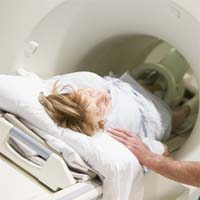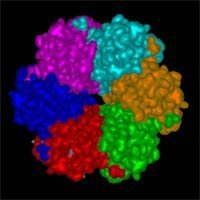New CT Method May Enable Safer, Earlier Mesothelioma Detection
A new way of using a CT scanner may make it possible to detect the signs of mesothelioma earlier in asbestos workers without exposing them to dangerously high levels of radiation. As with most types of cancer, mesothelioma treatment outcomes are closely linked to early detection. Because people with mesothelioma often have no symptoms until decades after their asbestos exposure, some studies have suggested that CT scans of asbestos-exposed workers may offer a way to catch the disease earlier. But the radiation used in CT scanning carries its own cancer risks. Now, new research suggests that a technology developed by GE Healthcare may offer a safer way to monitor these workers for signs of mesothelioma. Radiologists and occupational medical experts…


